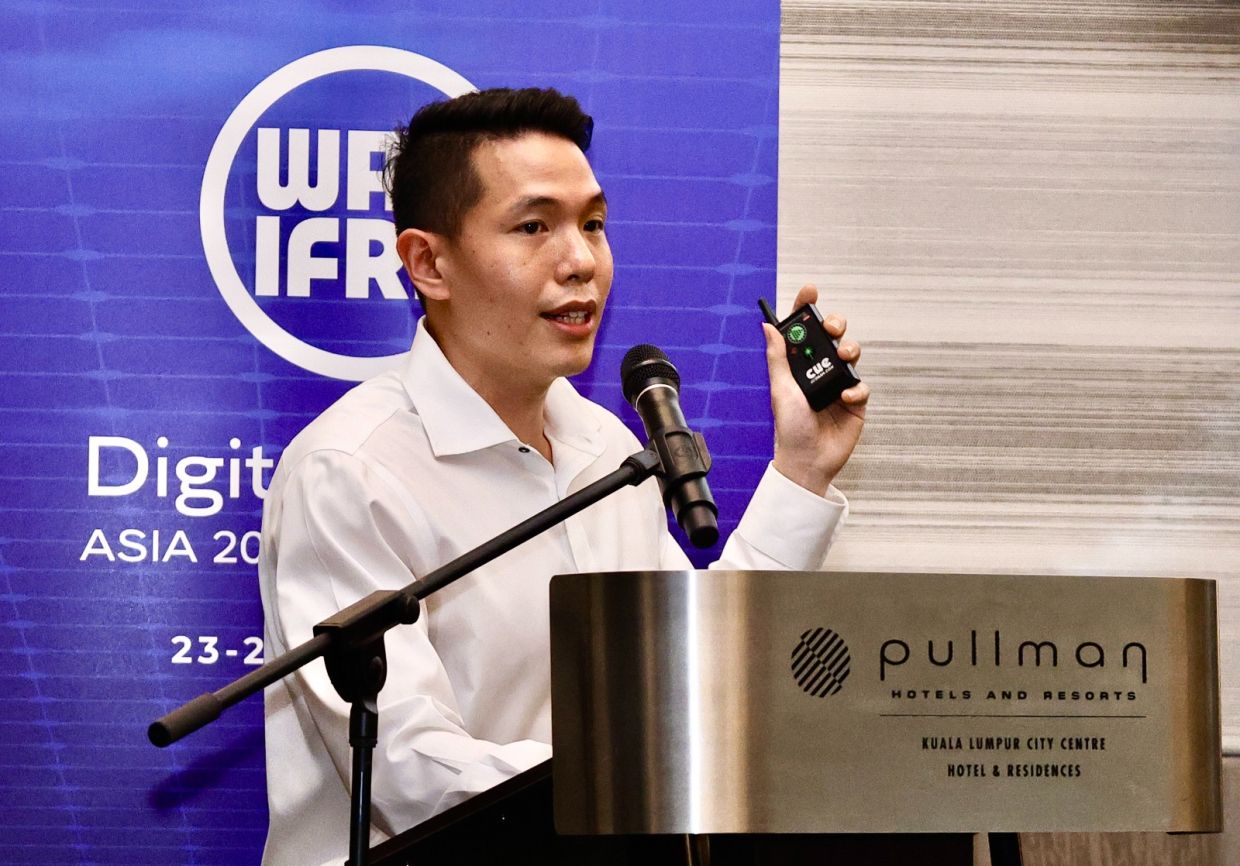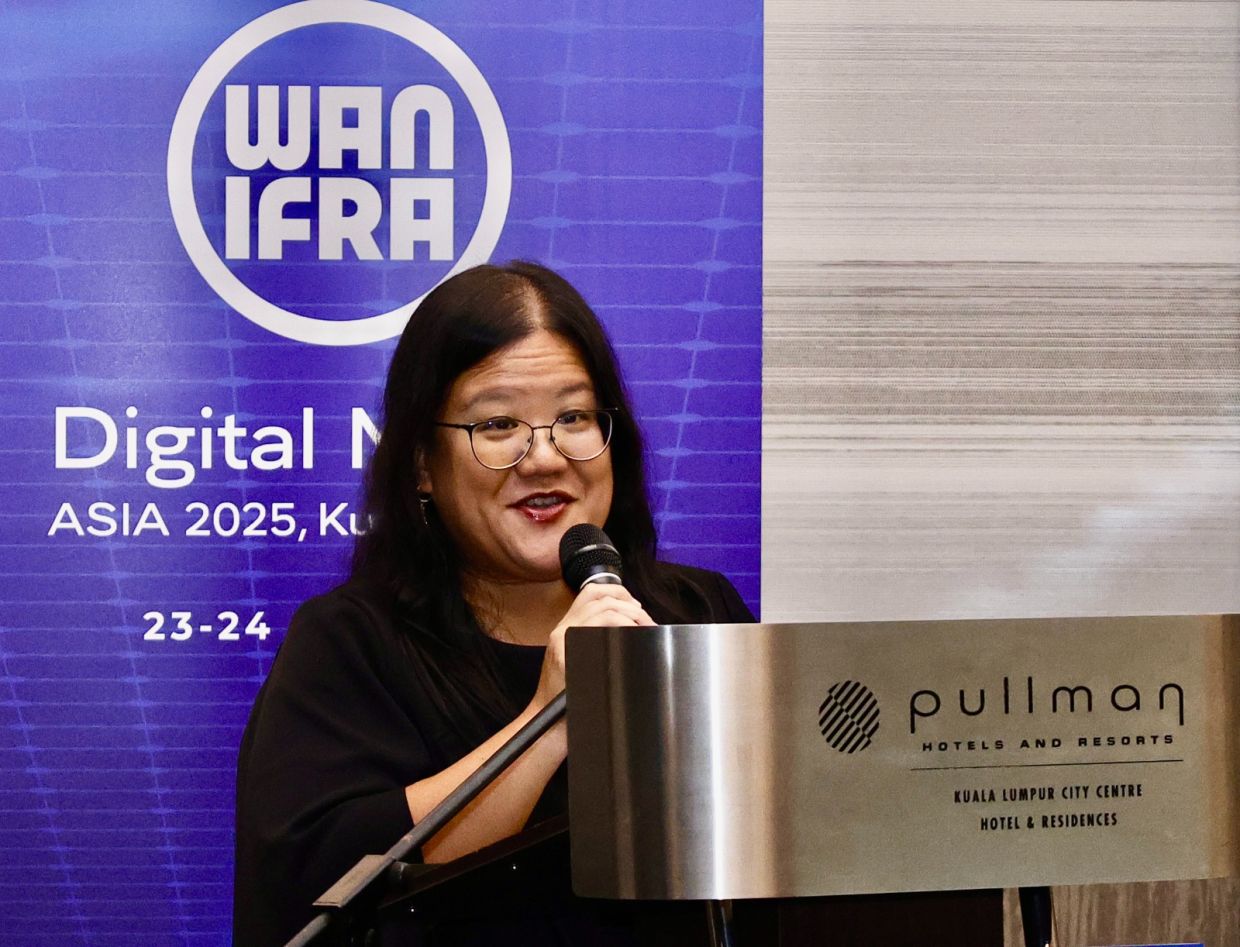April 24, 2025
KUALA LUMPUR – From creating customised reader personas to developing an AI-aided therapist for readers, news organisations across the Asia Pacific shared their journeys in adopting AI in newsrooms.
Organised by the World Association of News Publishers (WAN-IFRA), the AI Showcase: Best Case Studies from the WAN-IFRA AI Catalyst Programme featured three news organisations presenting their prototypes at the WAN-IFRA Digital Media Asia 2025.
The Star’s senior news editor Razak Ahmad revealed that the news organisation is developing an AI-enhanced therapist based on 39 years of columns from the newspaper’s weekly advice columnist, Dear Thelma.
He explained that The Star possesses a rich dataset to train an AI that can authentically capture her voice and perspective.
“Since April 1986, Thelma has guided readers through relationship troubles, career challenges, and life’s many other dilemmas.
“An AI-enhanced Thelma means we can respond to more reader submissions, potentially increasing reader engagement, especially among our younger, tech-savvy audience,” he said.
A guiding principle for the project is ensuring that any AI-generated content is clearly labeled and moderated by a qualified person before publication.

Senior tech coordinator Kyle Kwok presenting at the Wan Ifra Digital Media Asia conference. PHOTO: THE STAR
Senior Tech Coordinator Kyle Kwok emphasized the importance of continuously fine-tuning the AI training model to ensure it accurately reflects Thelma’s voice and perspective.
“We will have to continuously feed the most recent Dear Thelma articles to the AI model so that it will be up to date,” he said.
Fellow editor Michelle Tam noted that time and tests would determine if the advice generated by the AI therapist can adequately help The Star’s readers navigate the complexities of their personal lives.

Editor Michelle Tam speaking at the Wan Ifra Digital Media Asia conference. PHOTO: THE STAR
She stressed that the AI tools integrated with Dear Thelma would be under human supervision to maintain The Star’s high level of credibility and reader trust.
She invited readers to share their problems with Dear Thelma by emailing lifestyle@thestar.com.my.
“In addition to our wonderful human shoulder to cry on, you might even encounter a trained ‘Ther-AI-phist’ to lend you a helping hand in the future,” she said.
The session moderator, journalist and media innovator Fergus Bell, stated that the newsroom AI Catalyst is an 18-month programme to support 128 newsrooms in their AI adoption journey.
“These experiments reveal what works, what doesn’t, and what’s next for newsrooms serious about AI,” he said, adding that these projects span multilingual, multiplatform, and resource-diverse newsrooms.
Taiwan’s United Daily News Group data development general manager Anson Mok mentioned that their organisation is creating a prototype exploring Gen AI’s potential to offer content recommendations based on readers’ personas, including demographics, behaviours, and preferences.
“We defined 20 personas and used AI to analyse which type of content fits the personas,” he said.
This prototype helps enhance audience segmentation, news value, content quality, and understanding and expanding the target audience.
Sports editor at the Philippine Daily Inquirer Francis T.J. Ochoa presented their prototype called the Newsroom Elves, which aims to improve efficiency in the print newsroom.
“The Editor’s Desk Elf converts press releases into stories with headlines and summaries. It copy-reads articles to check for spelling, grammar, and punctuation and edits for clarity and brevity,” he said.
He added that it would give the editorial team more time to focus on the narrative of news stories.

